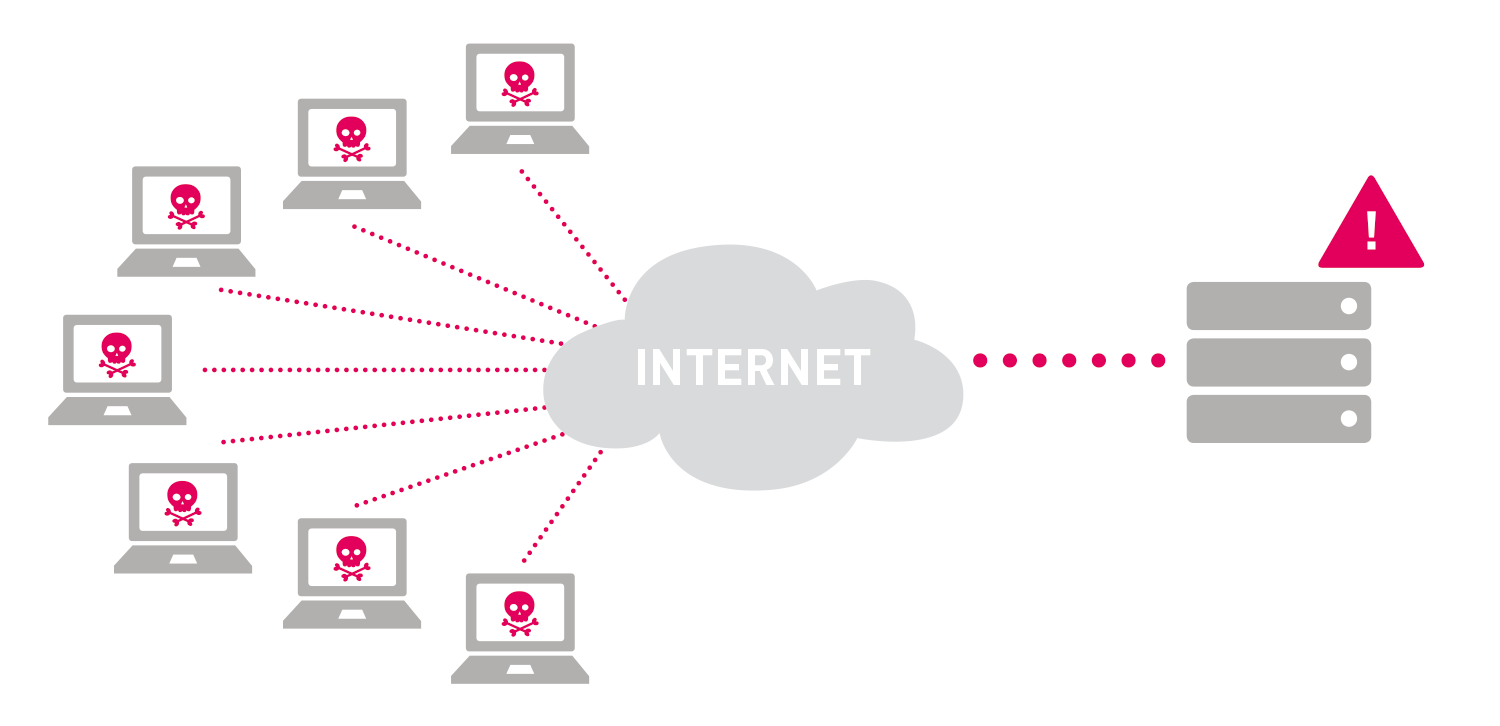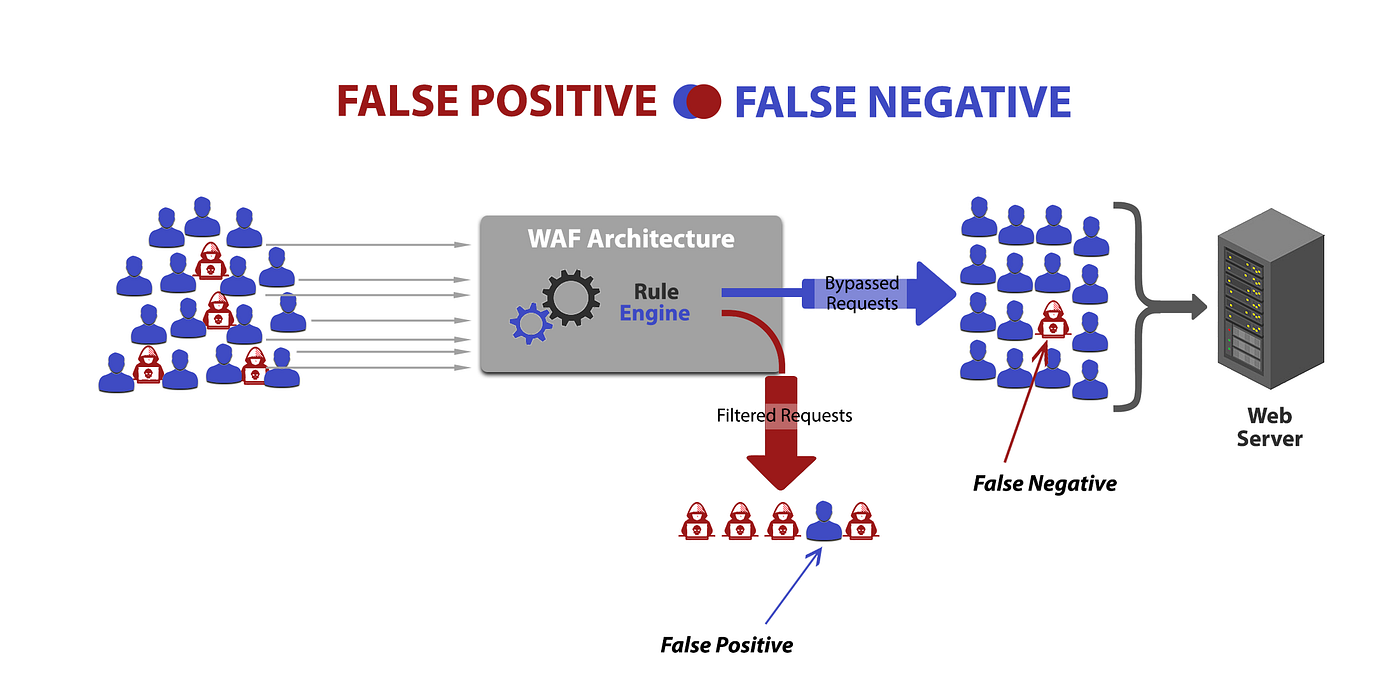Introduction
DDoS (Distributed Denial of Service) attacks have become a frequent threat to online services, websites, and applications. But many people wonder: why are DDoS attacks launched in the first place? Understanding the motives behind such cyber assaults is essential for building stronger defense strategies.
Common Reasons Behind DDoS Attacks
1. Financial Gain
Some attackers use DDoS attacks to extort money from companies. This method is known as ransom DDoS (RDoS), where the attacker demands payment in exchange for stopping or not launching an attack.
2. Business Competition
In highly competitive industries, unethical competitors may resort to DDoS attacks to disrupt rival services, especially during major events or sales, causing loss of revenue and trust.
3. Hacktivism and Political Statements
Groups or individuals may use DDoS as a tool to protest against governments, corporations, or organizations. These attacks are meant to raise awareness or disrupt services to make a political statement.
4. Revenge or Personal Motives
Former employees, disgruntled customers, or individuals with personal grievances may launch DDoS attacks to retaliate against a business or platform.
5. Testing and Experimentation
In some cases, amateur hackers (often called "script kiddies") perform DDoS attacks simply to test tools or for fun, without fully understanding the damage they cause.
6. Diversion for Other Attacks
DDoS attacks can also be used to distract IT teams while another, more serious attack (like data theft or malware insertion) is carried out unnoticed.
Conclusion
DDoS attacks can have devastating consequences for online businesses and services. By understanding why these attacks happen, organizations can better prepare their defense strategies and minimize the risks. Whether motivated by profit, protest, or sabotage, every DDoS attempt represents a threat that must be taken seriously.



